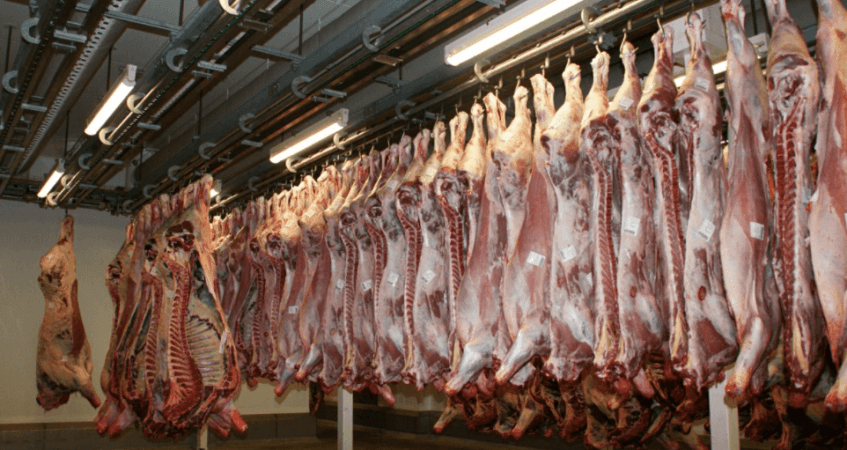Residents of Kashmir Valley have consumed over 800 truckloads of mutton during the holy month of Ramadan as varieties of mutton have been an essential part of the Kashmiri cuisine for generations.
Quoting Mehraj-ud-Din, general secretary of the Mutton Dealers Association a local news agency reported that nearly 30-35 trucks loaded with sheep arrive in Kashmir every day regularly during the holy month of Ramadan.
Association General Secretary further informed that so far a total of 811 trucks loaded with Sheep arrived in Kashmir since the beginning of Ramadan. "30-35 trucks arrive in Kashmir daily. The number of trucks ahead of Eid will go up to 160 a day," he further informed.

J&K imports mutton worth Rs 1400 crore annually
Recently government informed that mutton has been an essential part of Kashmiri cuisine for generations and Jammu and Kashmir, with their rich cultural heritage and diverse geography, has a significant demand for mutton.
Despite the region's competitive advantage and potential to become self-reliant in the mutton sector, there is a shortfall of 41 percent leading to an import bill of Rs 1400 crore every year.
Additionally, the existing mutton production is not only of insufficient quantity but also lacks quality and is not Food Safety and Standards Authority of India (FSSAI) compliant, putting consumers at risk.
The majority of the livestock population is held by Bakerwals who follow traditional methods of farming, resulting in low productivity and profits. The UT has less than five breeds of sheep with the majority being dual-purpose breeds such as Kashmir Merino, Rambouillet, and Corriedale. However, there is increasing demand for fast-growing mutton breeds like Dorper, Romnov, South Down, and others.

J&K Govt already approves Rs 329 cr project for mutton sector
Because of huge mutton usage in Jammu and Kashmir, especially in the Kashmiri cuisine, and to reduce meat import in the Union Territory, the government has approved an ambitious Rs 329 crore project for the next five years to achieve self-reliance in the mutton sector.
The project is aimed at creating 6000 jobs besides setting up of 122 enterprises in the mutton sector in the Union Territory.
The initiative also envisages achieving self-reliance in the mutton sector through a combination of innovative interventions including vertical upgrades, and horizontal expansion besides focused attention on health cover and nutrition. One of the major interventions planned is the import of muttonous breeds, which will lead to the establishment of 72 breed-based farms to provide high genetic merit to animals.
Additionally, the project aims to conduct 1,00,000 Artificial Inseminations (AIs) annually and establish 400 new commercial farms every year. The project also focuses on clusterization, the creation of mandis, abattoirs, and common facility centers (CFCs), to support marketing and value addition of the sector.

















